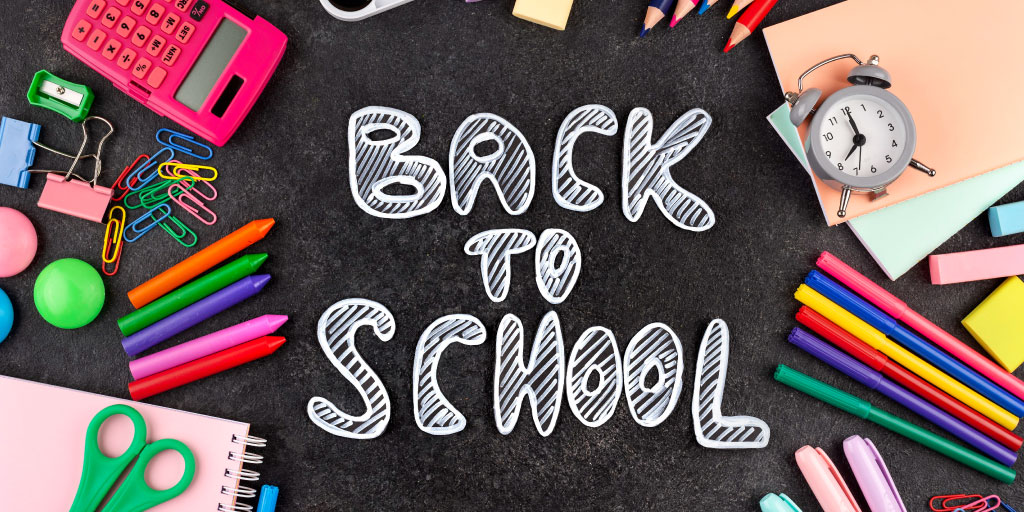Parents have had wall-to-wall coverage on how difficult it was for children, especially young children, without school. Despite this, what if you are having the opposite issue? For some children, the thought of returning to school is no picnic. After restrictions and lockdowns, plus the summer break, the school classroom will be a completely alien environment to them.
Getting them used to the structure of school again
Some kids simply haven’t had enough of an experience of school yet. The pandemic hit families with kids in early years who hadn’t yet built up any coping structures or experiences of school to understand what it was all about. For them, it’s still something they will have to get used to. Experienced school-goers will understand that something strange and unprecedented happened, which gave them an unprecedented degree of freedom. There may be some reluctance to leave this behind when the structure of the classroom returns.
With either group, children need to be acclimatised to the routine of school again, almost as though it’s the first time. Schedules can’t be as flexible as they used to, so getting started with a school routine before the holiday’s end will prevent that shock in September when you’re trying to jog them out of their sleep. Place a larger focus on the positives of school. Remind them that they can go back to school and spend their lunchtimes with their friends getting the gossip and playing games. School isn’t just about classrooms, it’s a whole manner of experiences that they can’t get sitting at home on a computer.
Help them adapt to being taught in school
If as a parent you were wrestling with your rusty knowledge of the Pythagorean theorem, it was just as difficult for teachers who were used to teaching in person. In fact, many teachers reported finding schooling over Zoom more tiring than being at school. For some, however, being away from school was just what they needed. Perhaps they struggled with the pace of school or preferred to be away from the pressure of students and teachers. Now thriving at home, they’ve built up some serious anxiety about returning.
Try working with schools to keep some of the structures that made your child feel comfortable in the first place. Maybe virtual chats and direct emails to teachers need to stay in place for children who prefer not to speak in person. Or invest their time in coping strategies, such as meditation, yoga, and after-school activity programs. They can help distract them from their anxiety, build resilience and eventually give them something to look forward to.
Reassure and escalate
COVID-19 has not only upset children’s way of life, but it may continue to threaten their friends and families. Going back to school isn’t going to be school as normal. It will include finicky and uncomfortable testing, possible mask-wearing and even some schools continuing to teach in bubbles. Reassure them of protections that have been put in place for them and help them understand that life simply doesn’t exist without risk. You’ll feel safer in their knowledge of precautions and at least they know you share their worries.
It’s possible that they were being bullied too. All that time away from school, meant being away from their tormentors. Whilst bullying takes place in all manner of ways, it’s still likely that not being at school, meant not being around their bullies. Now, this is a place where discussion and escalation are vital. Make sure you organise a time to speak to your child’s teachers and their senior team if it continues. Keep yourself available as much as possible for ad hoc debriefings with your child too – it’ll help them feel safer and keep you abreast of any changes.



